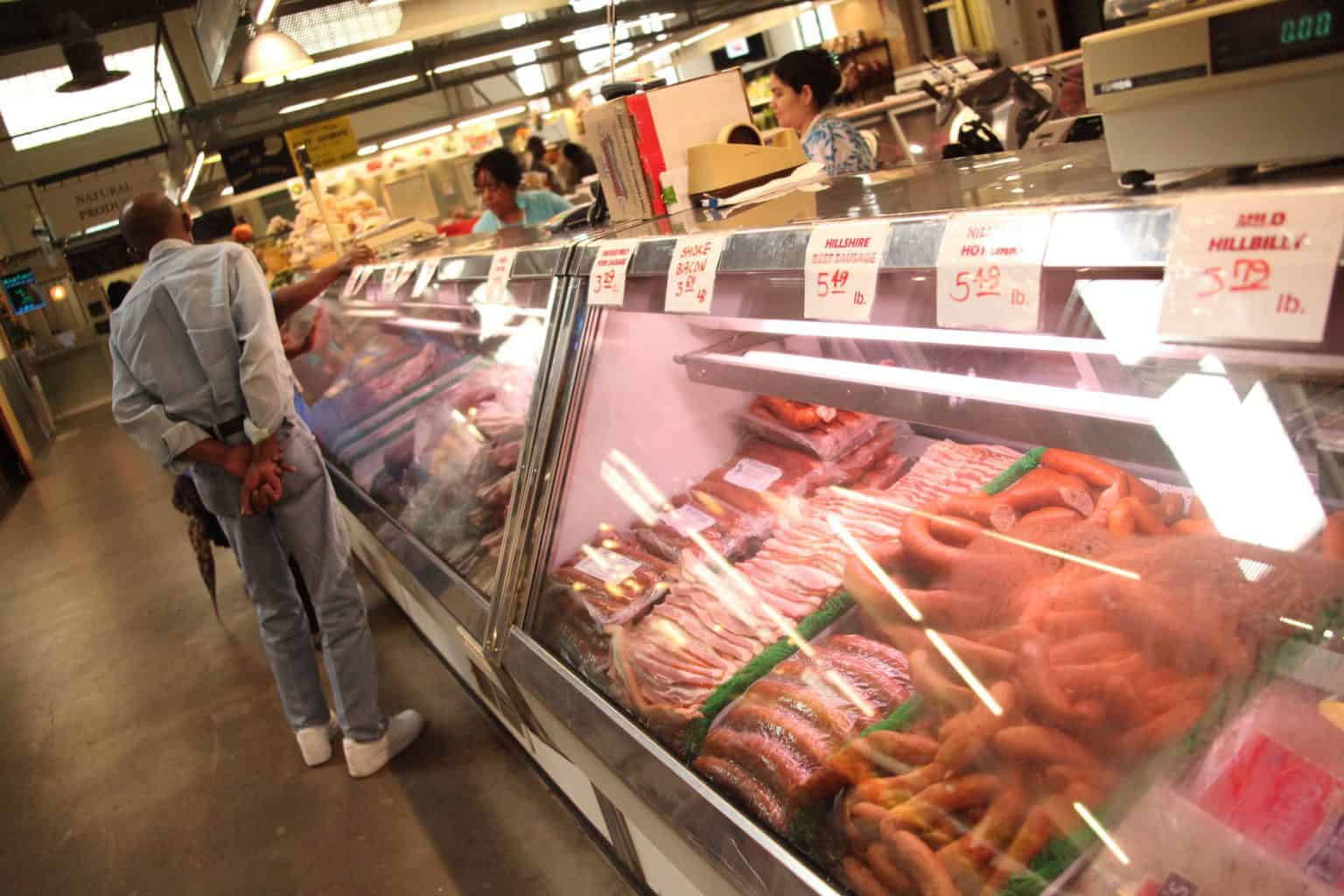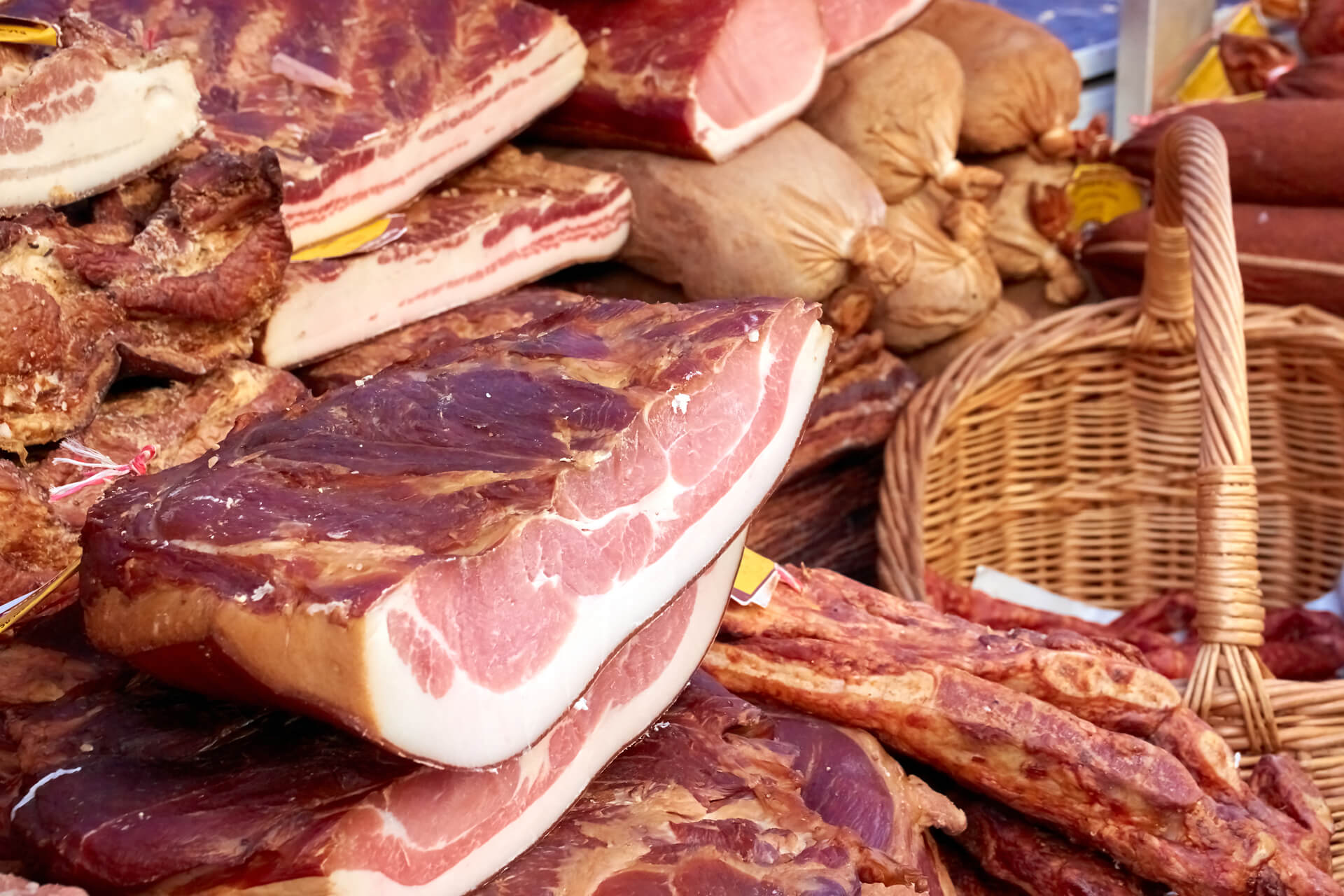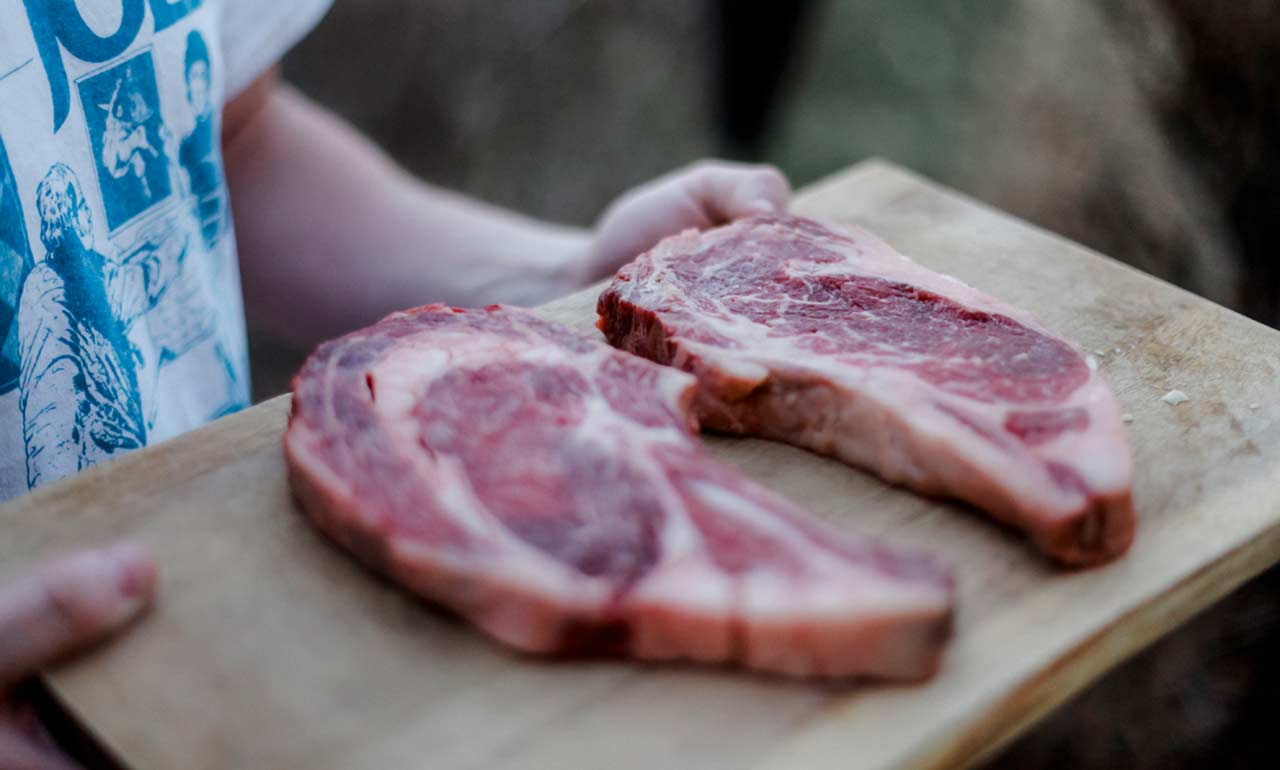Why Purchasing at a Regional Meat Market Guarantees Fresh, High-Quality Cuts
Shopping at a neighborhood meat market provides distinct benefits that frequently go undetected by consumers accustomed to larger retail chains. These markets provide direct accessibility to fresh, premium cuts, an outcome of lessened transportation time from farm to counter. This not only enhances flavor yet also sustains local farmers, promoting area connections and lasting practices. Strenuous top quality control measures guarantee that each acquisition fulfills high standards of safety and freshness. Yet, the ramifications of selecting neighborhood extend past prompt benefits, prompting a better assessment of what this selection absolutely means for both consumers and the local economic climate.
Advantages of Regional Sourcing
In the realm of food procurement, the advantages of regional sourcing stick out prominently. By purchasing meat from neighborhood markets, customers acquire direct accessibility to items that are typically fresher and more flavorful than those located in larger, commercial grocery stores. Regional sourcing decreases the moment and range food takes a trip from farm to table, which not just improves taste yet likewise preserves dietary worth.

In addition, neighborhood sourcing frequently offers openness pertaining to the beginnings of the meat. Customers can inquire about the farming practices used, animal welfare requirements, and whether the meat is grass-fed or natural. This info equips buyers to make enlightened choices straightened with their worths.
Quality Assurance Requirements
Regional meat markets commonly stick to extensive quality control standards that make certain the items used satisfy high safety and freshness criteria. These criteria commonly encompass various phases of the meat production procedure, from sourcing to taking care of and storage space.
First, neighborhood markets typically develop rigorous distributor requirements, guaranteeing that just reputable ranches and producers are made use of - bagley meat market edwardsville il. This minimizes the possibility of contamination and advertises greater pet welfare standards. Furthermore, many neighborhood meat markets execute normal assessments to verify that the meat is refined under hygienic conditions, better lessening health dangers
Temperature level control is one more essential element of quality control. Neighborhood meat markets frequently keep an eye on refrigeration systems to maintain ideal storage space temperatures, making sure that meat continues to be fresh and risk-free for consumption. Additionally, the execution of traceability systems allows markets to track the origin of their items, providing transparency and liability.
Last but not least, team at local meat markets are commonly educated to recognize signs of putridity and comprehend correct handling strategies. This commitment to quality control not only raises the general criterion of the meat yet additionally fosters consumer depend on, making regional meat markets a trusted source for premium cuts.
Supporting Regional Farmers
Sustaining regional farmers is necessary for cultivating a lasting food system and boosting community durability. When customers select to patronize neighborhood meat markets, they straight add to the source of incomes of farmers in their area. This not just sustains the regional economic climate but likewise strengthens the agricultural sector, ensuring that it continues to be vivid and sensible.


Furthermore, supporting regional farmers cultivates a feeling of area and connection between producers and customers. It motivates openness in food sourcing and infuses trust fund, as customers can develop relationships with the individuals who increase their food. This direct connection eventually causes a much more involved and educated public, which is critical for supporting for lasting farming techniques in the future.
Lasting Practices
Lasting techniques in meat markets play a crucial role in promoting ecological stewardship and making certain pet well-being. Regional meat markets commonly focus on sourcing their products from ranches that apply moral and lasting farming methods. These practices consist of rotational grazing, which aids preserve soil health and reduces carbon exhausts, along with lessening using prescription antibiotics and hormones in animals.
In addition, neighborhood meat markets normally highlight transparency in their supply chains. Consumers are supplied with info regarding the beginning of their meat, enabling them to make informed selections that line up with their values. By sustaining regional farmers that exercise sustainable approaches, consumers add to the conservation of biodiversity and the reduction of transport emissions linked with long-distance meat distribution.
Additionally, lots of local meat markets participate in waste reduction approaches, such as using every part of the animal and advertising off-cuts that may or else go unsold. By promoting a more lasting approach to meat usage, these markets not only supply top quality items but additionally contribute favorably to the setting and animal well-being. In essence, buying at a local meat market lines up customers with a wider activity towards accountable and moral food sourcing.
Personalized Customer Support
Shopping try this web-site at a meat market commonly incorporates more than simply the items offered; it is likewise concerning the experience and the relationships built in between consumers and staff. Personalized customer care is a hallmark of local meat markets, setting them in addition to larger grocery chains. Experienced team take the time to comprehend private consumer choices, ensuring that each go to is customized to details demands.
Customers gain from skilled recommendations on cuts, food preparation approaches, and prep work tips, fostering a sense of count on and loyalty. This individualized communication permits consumers to ask inquiries and seek recommendations, leading to informed buying decisions. Personnel frequently remember regular customers and their preferences, creating an inviting ambience that grows area connections.
In addition, tailored solution encompasses special requests, such as customized cuts or specific preparation approaches, which bigger merchants Read Full Report may not accommodate. This degree of interest strengthens the commitment of neighborhood meat markets to top quality and client fulfillment.
Essentially, personalized customer care not just improves the shopping experience yet additionally makes sure that customers leave with the ideal products suited to their culinary demands, making every see a satisfying one.
Conclusion
Supporting neighborhood farmers fosters neighborhood relationships and enhances the neighborhood economy, while sustainable methods add to ecological stewardship. Additionally, customized client solution enhances the buying experience, making neighborhood meat markets a recommended choice for consumers seeking both top quality and moral considerations in their food sourcing.
The implications of selecting regional prolong past prompt advantages, prompting a closer evaluation of what this option absolutely suggests for both consumers and the local economic climate.
Supporting neighborhood meat markets additionally adds to the local economy. Local meat markets frequently monitor refrigeration systems to maintain optimal storage temperatures, ensuring that meat remains fresh and safe for intake.Neighborhood farmers are often more attuned to the specific demands of their areas, expanding crops and raising livestock that line up with local preferences and choices. Supporting local farmers fosters area partnerships and enhances the regional economy, while lasting methods contribute to ecological stewardship.